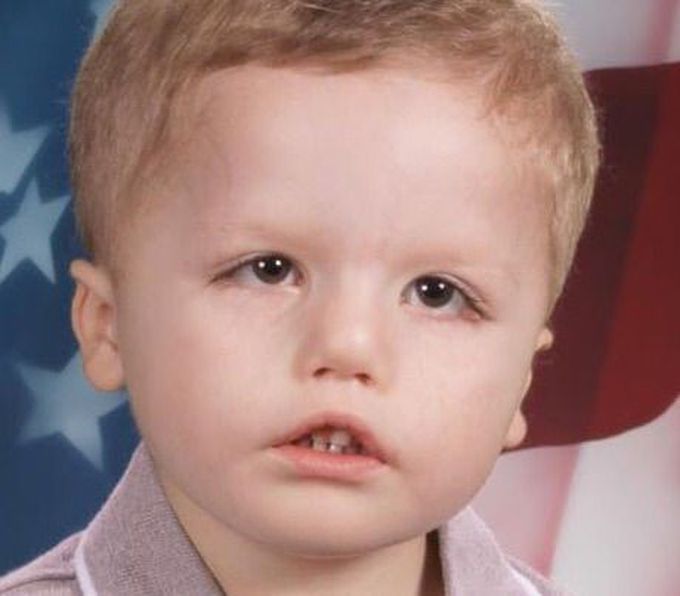


Moebius Syndrome
Moebius Syndrome is a rare, congenital disorder characterized by palsy of the cranial nerves. Most commonly, the 6th (abductens) and 7th (facial) nerves are affected. These patients are unable to move their eyes from side to side, form facial expressions, and close their eyelids. Treatment consists of feeding tubes (if dysphagia is present), physical/speech therapy, and surgery to correct crossed eyes. Some Moebius Syndrome patients receive "smile surgery," in which muscle from the thigh is grafted to the corners of the mouth to enable better movement of the lips.
Mid facial transplant? Repositioning of the bones, it could help the structure of face
In Moebius Syndrome patients, the bone structure of the face is normal, so bone repositioning will not ensure aesthetic or mobility improvement. What gives the odd facial appearance is actually weakness/paralysis of the cranial nerves!
I think the bones around the eye socket are underdeveloped so that would give it a boost
An underdeveloped eye socket (micropthalmia) results in a sunken-in appearance of the eye. The drooping eyes associated with this disorder are due to palsy of the oculomotor nerve, meaning there is no bone defect.


